The HyperTexts
9-11 Poetry: Remembering 9-11 in Poems, Prose and Photography
9-11 Tribute Poetry dedicated to the Victims of 9-11 and Their Families
These 9-11 poems and photographs are dedicated to the memory of the
victims of 9-11 and the survivors. The photographs on this page were taken by
Tom Merrill; several of his poems also appear here. Tom's explanation of how he
came to take the photographs shortly before 9-11 appears below the poems.
Come Lord and Lift
by T. Merrill
Come Lord, and lift the fallen bird
Abandoned on the ground;
The soul bereft and longing so
To have the lost be found.
The heart that cries—let it but hear
Its sweet love answering,
Or out of ether one faint note
Of living comfort wring.
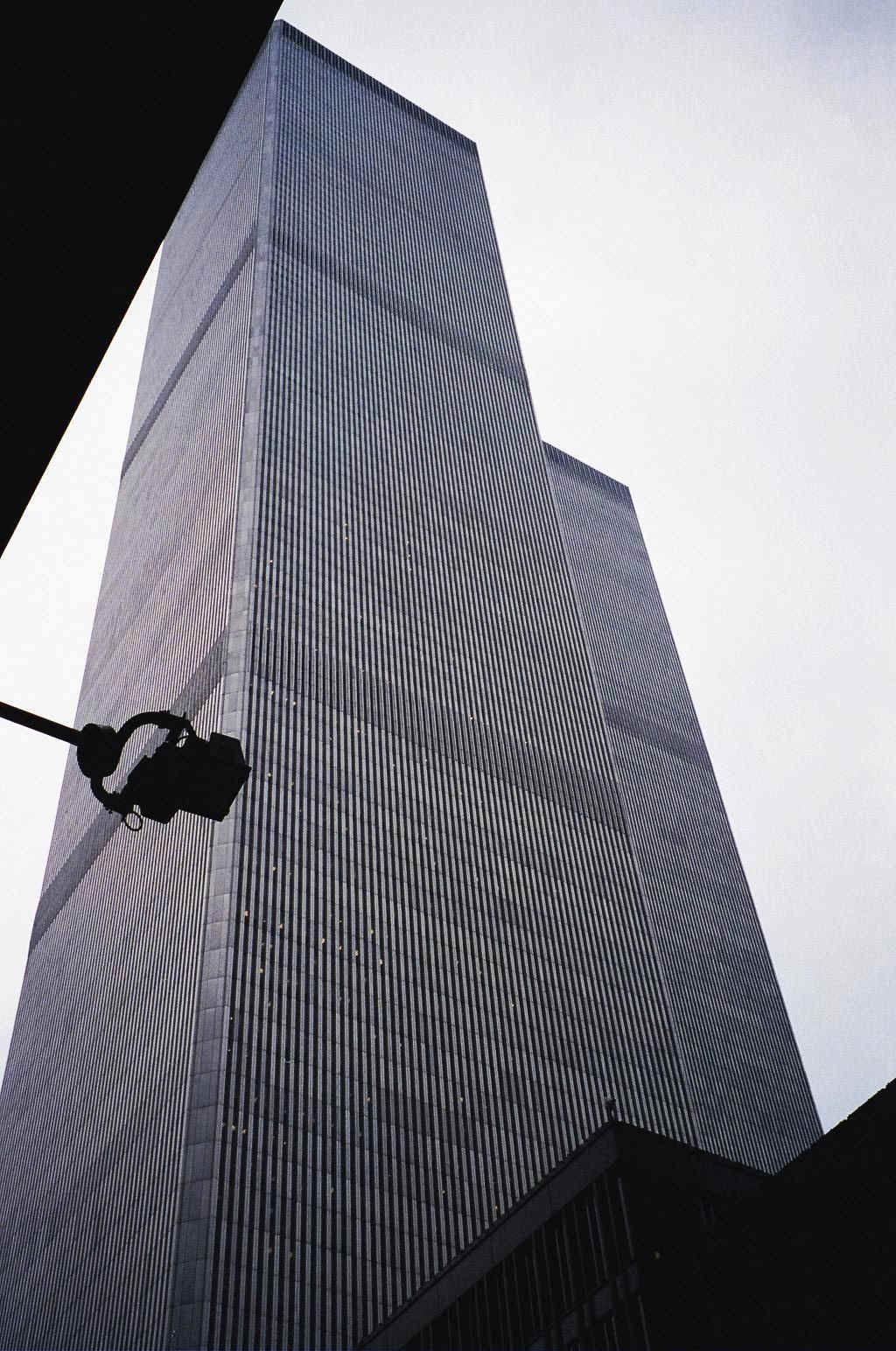
Flight 93
by Michael R. Burch
I held the switch in trembling fingers, asked
why existence felt so small, so purposeless,
like a minnow wriggling feebly in my grasp ...
vibrations of huge engines thrummed my arms
as, glistening with sweat, I nudged the switch
to OFF ... I heard the klaxon's shrill alarms
like vultures’ shriekings ... earthward, in a stall ...
we floated ... earthward ... wings outstretched, aghast
like Icarus ... as through the void we fell ...
till nothing was so beautiful, so blue ...
so vivid as that moment ... and I held
an image of your face, and dreamed I flew
into your arms. The earth rushed up. I knew
such comfort, in that moment, loving you.
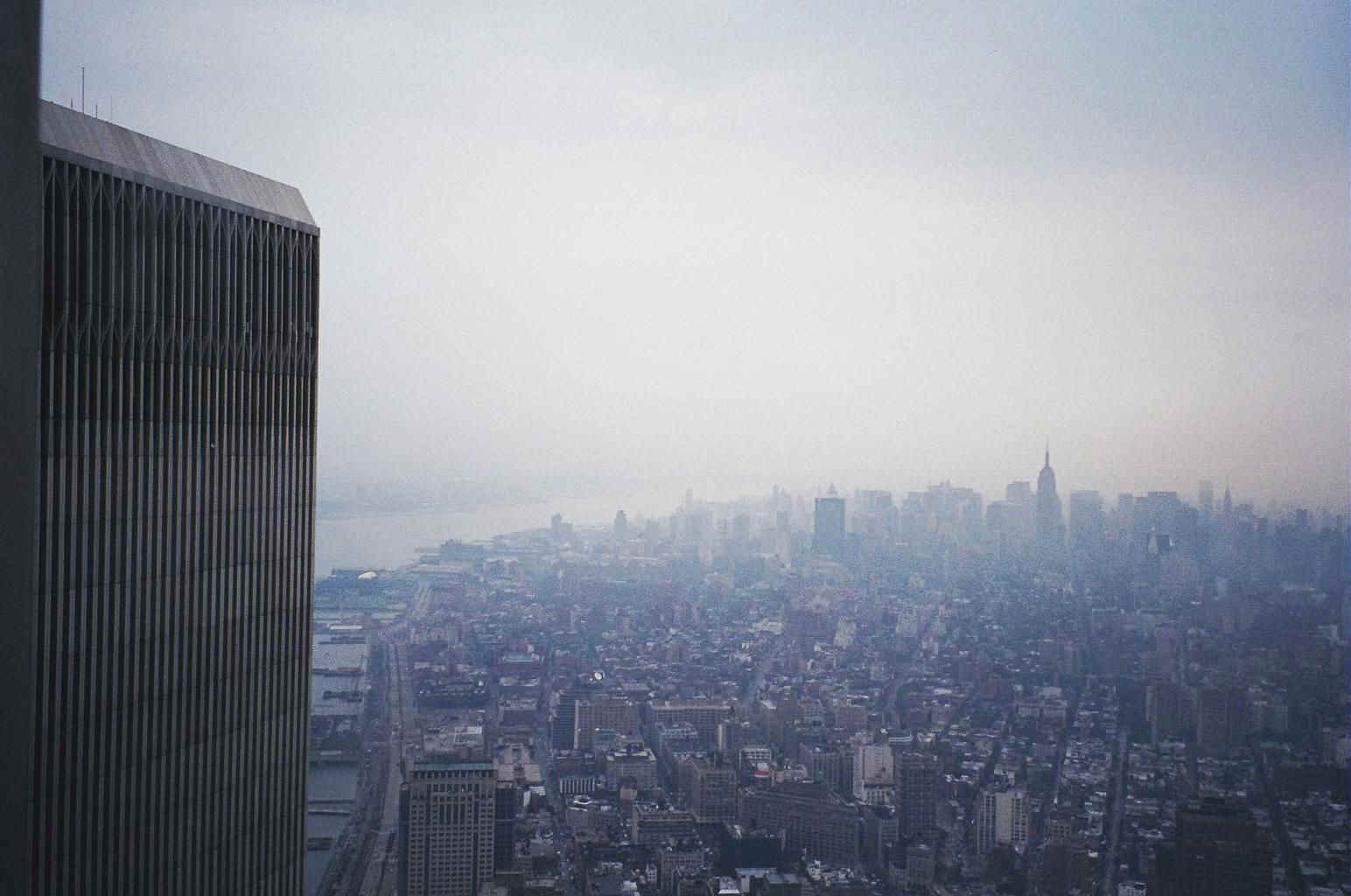
In the Stillness of Many
by T. Merrill
Many nights when undrawn to the living,
I have gone to the graveyard instead,
And sought out my truth among ashes,
And for beauty,
Lain down with the dead.
In the stillness of many a midnight,
I have warmed to their wakening sound,
The impassioned, and scorned, and unliving
Who speak to my heart
From the ground.
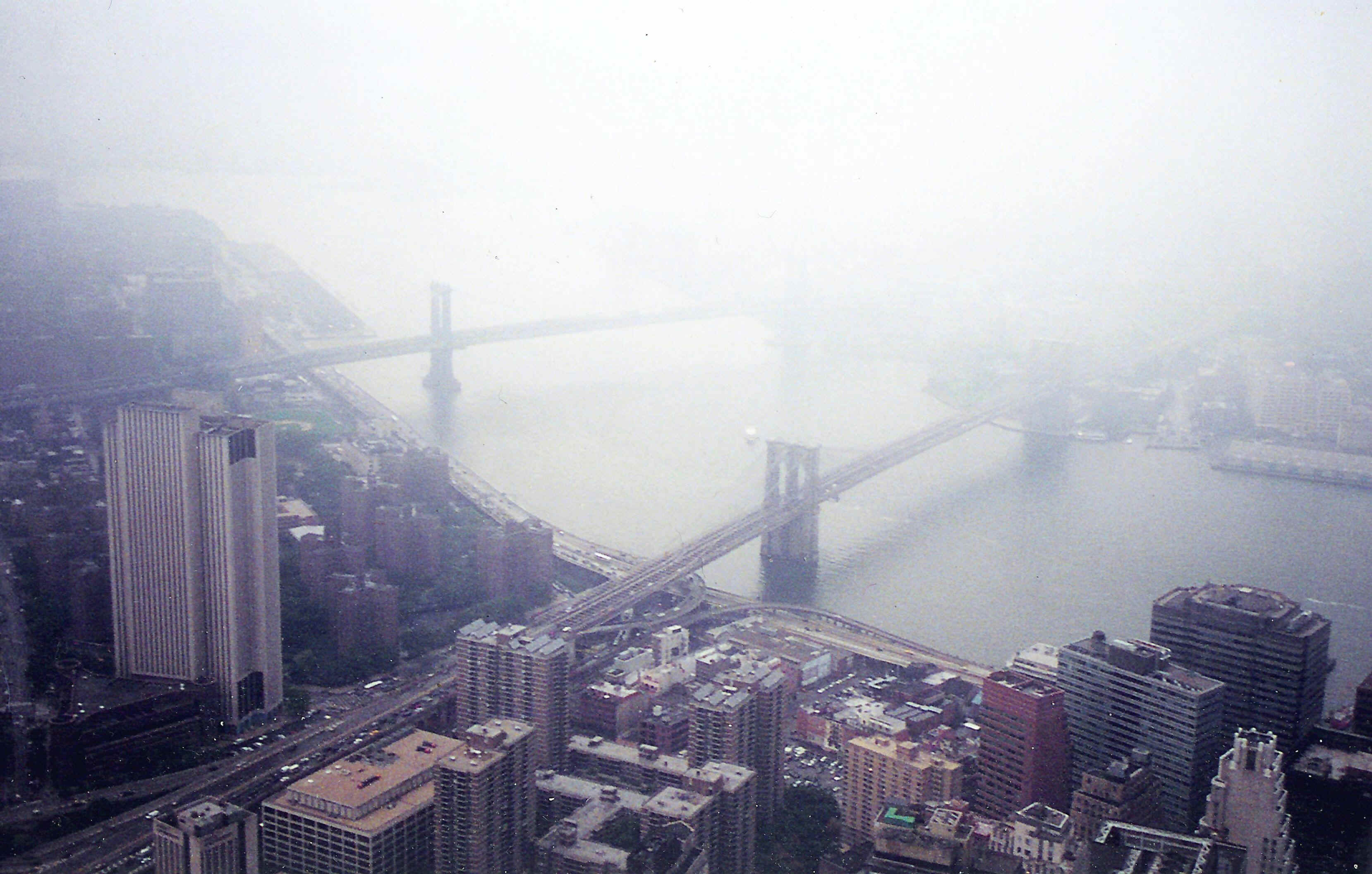
Because Her Heart Is Tender, for Beth
by Michael R. Burch
She scrawled soft words in soap: "Never Forget,"
Dove-white on her car's window, and the wren,
because her heart is tender, might regret
it called the sun to wake her. As I slept,
she heard lost names recounted, one by one.
She wrote in sidewalk chalk: "Never Forget,"
and kept her heart's own counsel. No rain swept
away those words, no tear leaves them undone.
Because her heart is tender with regret,
bruised by razed towers' glass and steel and stone
that shatter on and on and on and on,
she stitches in wet linen: "NEVER FORGET,"
and listens to her heart's emphatic song.
The wren might tilt its head and sing along
because its heart once understood regret
when fledglings fell beyond, beyond, beyond ...
its reach, and still the boot-heeled world strode on.
She writes in adamant: "NEVER FORGET"
because her heart is tender with regret.
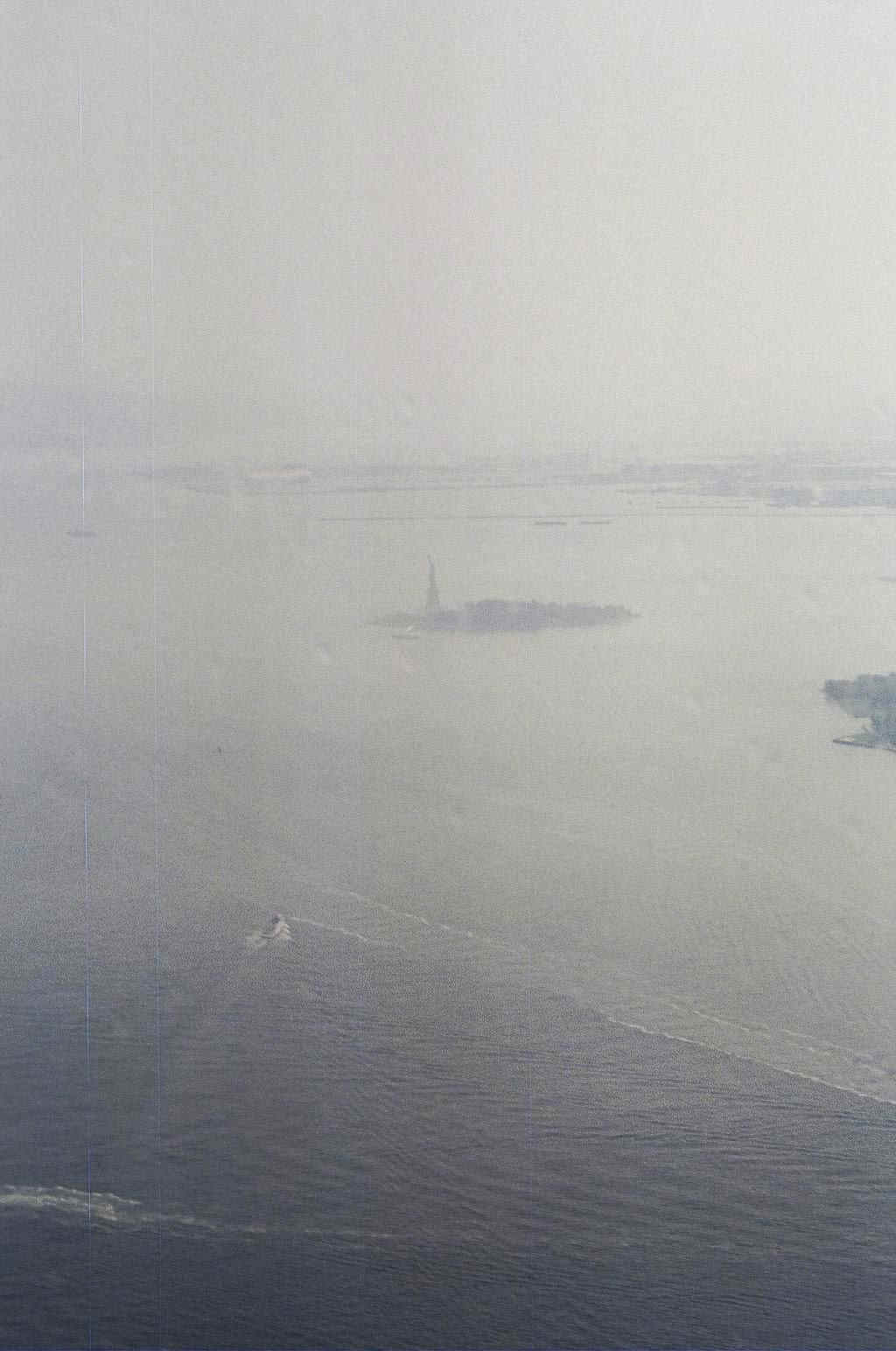
There But for the Grace
by
T. Merrill
Tripped by a flash
painting of a silhouetted
square pair twilight-crowned
with fiery sunburst flaring
out over them
like a blast from an open
furnace cleaving cloudmass into dark,
smoky,
billowing wings a vision branded
deep revives, sudden
cable-snap, freefall
in side by side
shafts,
cascades
of dust spilling down,
tombs sealed the way snow
slips off mountains, gravemaking
thaw of steel
or ice,
how a curious
master of heights surveying
the world from a summit late
one summer stepped
so casually, blithely
recording last days, lost sights.
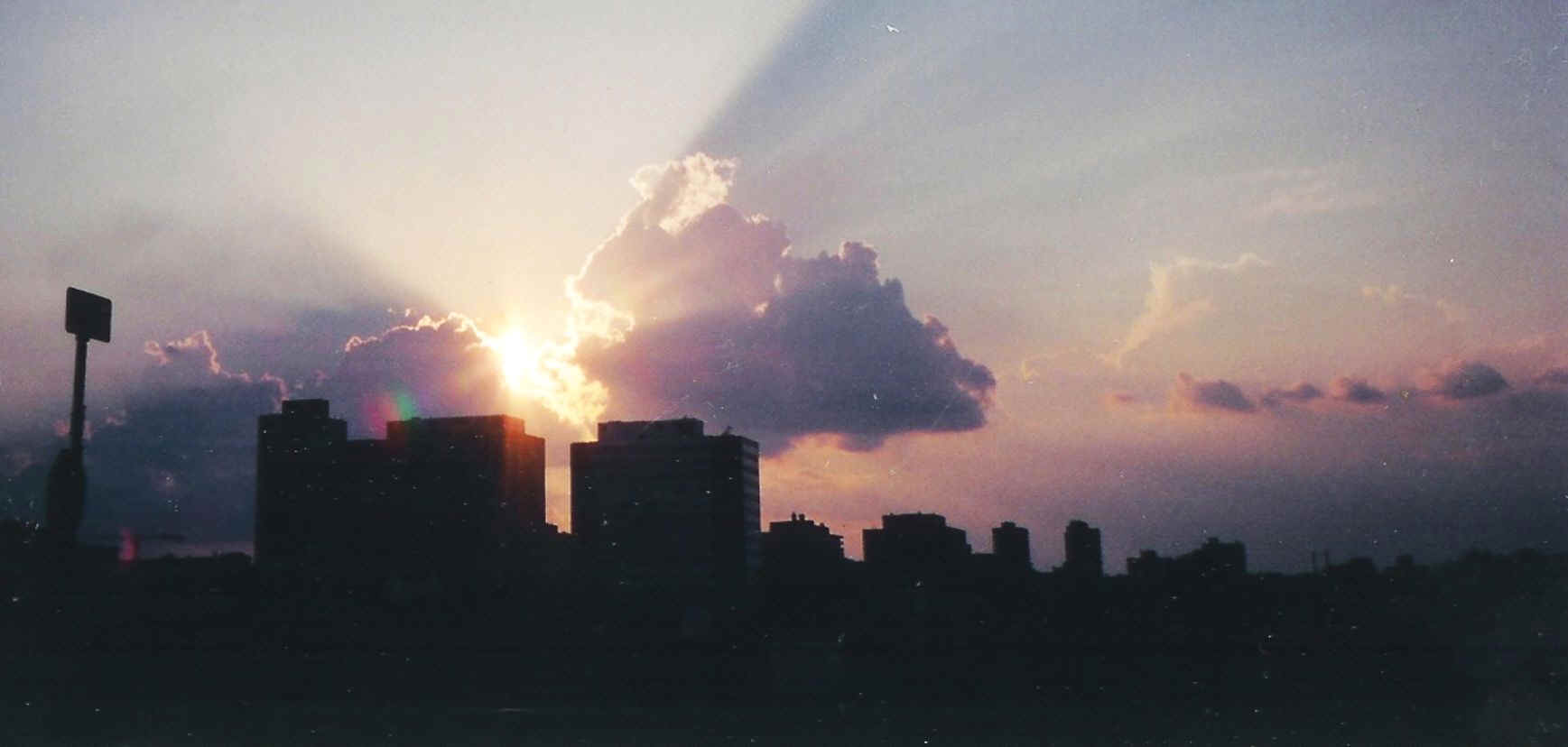
Something
by Michael
R. Burch
for the victims of 9-11 and their families
Something inescapable is lost—
lost like a pale vapor curling up into shafts of moonlight,
vanishing in a gust of wind toward an expanse of stars
immeasurable and void.
Something uncapturable is gone—
gone with the spent leaves and illuminations of autumn,
scattered into a haze with the faint rustle of parched grass
and remembrance.
Something unforgettable is past—
blown from a glimmer into nothingness, or less,
and finality has swept into a corner where it lies
in dust and cobwebs and silence.
The Broken Tower
by Hart Crane
The bell-rope that gathers God at dawn
Dispatches me as though I dropped down the knell
Of a spent day -- to wander the cathedral lawn
From pit to crucifix, feet chill on steps from hell.
Have you not heard, have you not seen that corps
Of shadows in the tower, whose shoulders sway
Antiphonal carillons launched before
The stars are caught and hived in the sun's ray?
The bells, I say, the bells break down their tower;
And swing I know not where. Their tongues engrave
Membrane through marrow, my long-scattered score
Of broken intervals ... And I, their sexton slave!
Oval encyclicals in canyons heaping
The impasse high with choir. Banked voices slain!
Pagodas campaniles with reveilles out leaping --
O terraced echoes prostrate on the plain! ...
And so it was I entered the broken world
To trace the visionary company of love, its voice
An instant in the wind (I know not whither hurled)
But not for long to hold each desperate choice.
My word I poured. But was it cognate, scored
Of that tribunal monarch of the air
Whose thighs embronzes earth, strikes crystal Word
In wounds pledged once to hope -- cleft to despair?
The steep encroachments of my blood left me
No answer (could blood hold such a lofty tower
As flings the question true?) -- or is it she
Whose sweet mortality stirs latent power? --
And through whose pulse I hear, counting the strokes
My veins recall and add, revived and sure
The angelus of wars my chest evokes:
What I hold healed, original now, and pure ...
And builds, within, a tower that is not stone
(Not stone can jacket heaven) -- but slip
Of pebbles, -- visible wings of silence sown
In azure circles, widening as they dip
The matrix of the heart, lift down the eyes
That shrines the quiet lake and swells a tower ...
The commodious, tall decorum of that sky
Unseals her earth, and lifts love in its shower.
You Who Read No Calm
by T. Merrill
You, who read no calm reportings
Of alien, distant, dire events,
But shriek and keen as loves go down
Beyond all help, to violence;
Whose temple's walls, stormstruck and split
By sizzling bolts collapse around,
While mid the crash of chaos hope
Whirls in a death-spin to the ground;
You, who alone in deep distress
Cry out for help where there is none,
All you whom I shall never know:
I know a portion nonetheless
Of cruel trials you undergo.
Killers in many guises come:
Sudden as electric shock
Or looming ghostly as a shark
Leisurely finning toward its mark.
I who breathless and sweating once
Wrestled a devil to the floor,
And saw him rise again when he
Finished what he began before,
I who re-learned each childhood prayer
Forgotten, to the stars once more
Send up a poor and hopeless plea
For spirit's peace beyond despair.
You Who Sleep Soundly Through Our Bleakest Hour
by Rhina P. Espaillat
You who sleep soundly through our bleakest hour,
who hear the meekest cry, and turn away,
who ride the river, blessing it with power
to cancel what we've made day by slow day;
You whom we cannot know nor flee, who hide
behind your countless aliases, who bear
the weapon of your absence like a tide
against our helplessness, and fail to care;
You who stand by while madness picks the lock,
stroke cuts the wires, tumor rigs the mine:
Look how we scour the earth to find--in rock,
in fire, in word--your signature, some sign
of you in thought that quarrels with your will,
and as it quarrels, hungers for you still.
Piercing the Shell
by Michael R. Burch
If we strip away all the accouterments of war,
perhaps we'll discover what the heart is for.
Tom Merrill explains how he came to take the photographs that appear on
this page:
Two weeks before 9/11, 200l, at the end of August that all too memorable summer,
I was proudly showing off Manhattan, my birthplace, to a French friend who had
come to the US to spend some time with me and see some sights. We had driven
down from Boston, where I now live most of the time, planning to spend about a
week in the city. One day during our visit—I believe it was August 29th, but I
could be off a day either way—I took him to have a look at the WTC. It had
turned into a foggy, drizzly day, a good time to be indoors, so we decided to
enter the center and see what we could see from the top of the south twin. Due
to the weather, the openair rooftop promenade, which was located above the
tower’s top floor, the 110th, wasn’t open, so we took in the sights from the
observation deck on floor 107. I had brought my camera with me, and, moving from
wet window to wet window, spent maybe half an hour snapping pictures of the city
as it stretched out in various spectacular ways from the four sides of our
since-demolished outlook. At the time I had no idea, of course, that the
pictures I was shooting might ever mean more to anyone than the usual holiday
mementos.
The horrific vision of the explosions, and then the collapse of those two
soaring behemoths, in which so many were trapped in an avalanche of destruction,
has branded itself into the memories of millions. The first section of this
book, especially, "Lost Island Views," is intended as a commemoration of that
tragic watershed moment in our history. Since the city lay under a blanket of
fog at the time all but one of the pictures in this chapter were taken, and the
tower’s windows were blurry, the overall mood of these views seems somber, the
accident of weather having imbued them with an atmosphere that seems peculiarly
fitting to the theme of loss and grief.
The Manhattan series segues into a series of scenes captured further north, in
Quebec. The picture entitled “Spotlight,” which leads off this second group, was
placed at the chapter's beginning because it seemed a kind of visual metaphor of
9/11, and in fact brought back to my mind the TV coverage, incredulously
witnessed by so many, of the buildings burning. It was that photo, also, that
inspired my poem “There But For The Grace,” which also appears in this chapter,
and which expresses my feeling of personal connection with the tragedy.
The HyperTexts




